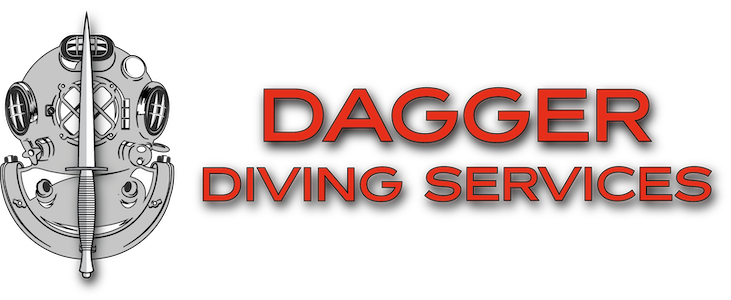The Highest Standards of Health and Safety
If you’ve already visited our About Us page, you’ll know that health and safety is our top priority on all operations.
Due to the high-risk nature of commercial diving, there’s no room for complacency. For that reason, we’ve been committed to the highest standards of health and safety in commercial diving right from the word go, with a culture that prioritises safety right through all areas of our operations at Dagger Diving Services.
What does our Health and Safety look like in practice?
- Instilling a positive health and safety culture – We make sure that everyone, from those in charge of maintenance and operations to the divers and dive supervisors, is involved in our health and safety processes. That way, we can cover all different angles of safety and help ensure that nothing is missed.
- Bespoke hazard identification and risk assessments (HIRA) for every operation – Each job is unique, and comes with its own set of risks. We approach each new operation with a fresh perspective on any potential hazards.
- Certification checks – These ensure everyone is fully qualified for any operation they’re working on. Our checks extend not only to our core dive team, but any suppliers or subcontractors we use.
- Medical checks – Any divers we employ or contract to work with us are required to have an up-to-date medical carried out in the last year.
- Equipment maintenance – All our equipment follows an IMCA DO23 standard of maintenance to ensure it’s safe to use and in the best condition. We have a sterile technical lab and qualified maintainers to ensure all our diving equipment is serviced, inspected, calibrated and kept up-to-date to the highest standards.
- Only the best and safest practices – We only use systems which enhance safety, for example, Surface Supply Respiratory Protection (SRP) over scuba. SRP delivers air from the surface to divers through a hose, allowing for a continuous supply of breathable air and better communication. This reduces the risk of decompression sickness and equipment failure, making it a safer and more reliable option than traditional scuba diving.
- An up-to-date view of the latest regulations – our qualified team keeps up to speed with all the latest regulations and procedures to follow evidence-based industry best practices to ensure the highest standard of health and safety.

